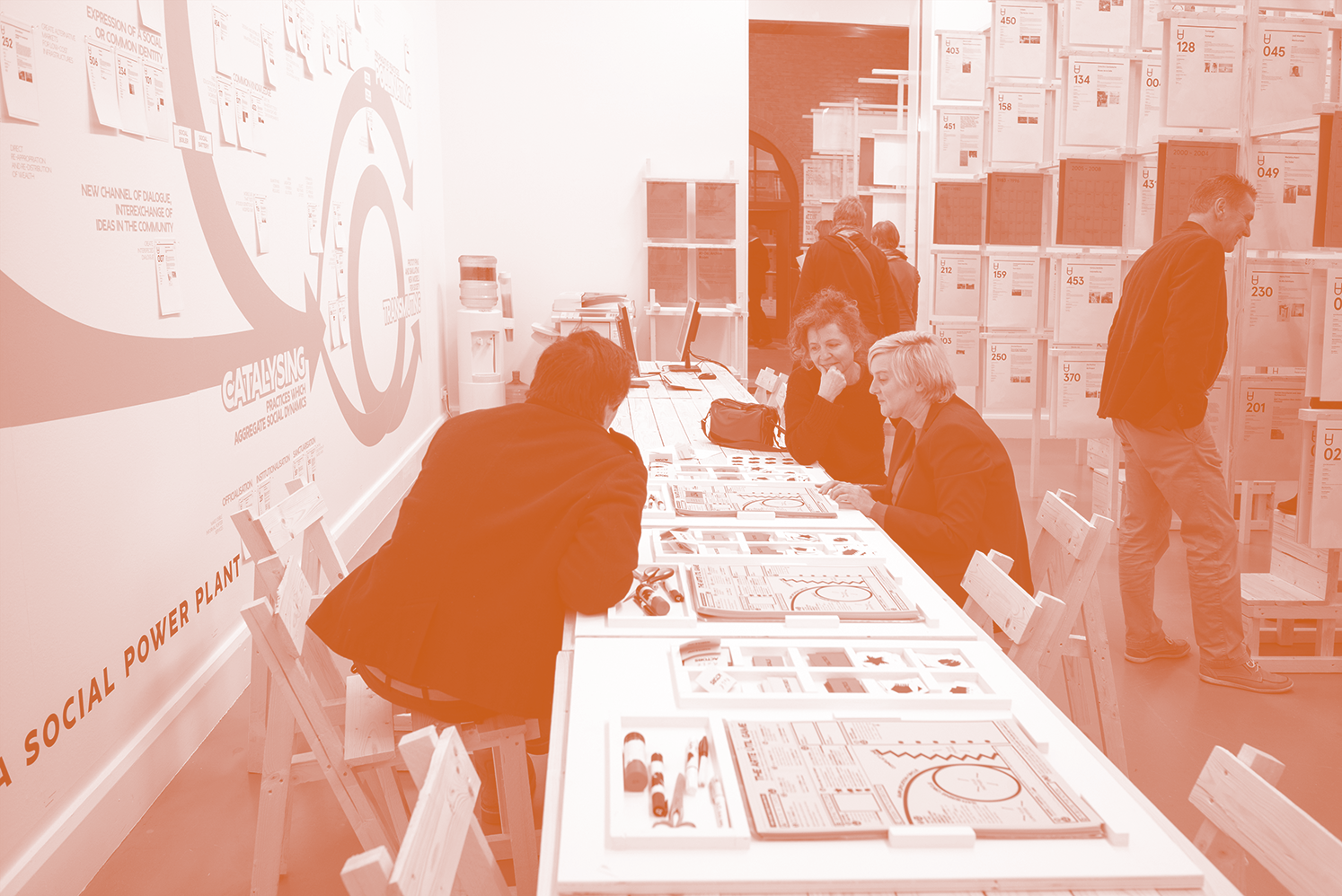Decentralising Political Economies is a long term and open-ended research collaboration between The Whitworth Art Gallery, The City Lab (which forms part of The Institute of Art and Technology at Liverpool John Moores University’s School of Art and Design) and the Association of Arte Util.
The aim of the Decentralising Political Economies project (DPE) is to propose and examine how art can be used as a tool for developing forms of ground-up and constituent social activism. In this way it seeks to develop on work already undertaken as part of The Constituencies research strand of the L’Internationale project ‘The Uses of Art: The Legacy of 1848 and 1989', which was coordinated and managed by John Byrne on behalf of L’Internationale from 2014 to 2017. The objective of DPE is to generate and foster a series of practical, theoretical and critical toolkits for change, through our shared online platform dpe.tools, that will act as catalysts for rethinking how we use art as a tool for social change. More specifically DPE will focus on the coproduction of micro/day to day operational changes that might help us to rethink and reconfigure the relatively fixed institutional infrastructures of museums, galleries and art institutions in general. In turn, we hope that these projects and toolkits will also provide an opportunity for rethinking how art (as we know it or knew it to be) might also change as a consequence of its social, political and economic use.
Fundamental to this ambition is the tacit acceptance that, if museums, galleries and art institutions wish to do anything other than re-broadcast relatively fixed and entrenched ideological notions of what art is, or can become, then they must be prepared to negotiate jeopardy: they must be prepared to openly re-negotiate their operational systems, and to jailbreak their fixed hierarchical structures of management and control, if they are to offer any kind of alternative to the centralised logics of global neoliberalism.
Furthermore, this task cannot be undertaken without the risk or jeopardy of giving power away. Nor can it be undertaken without accepting that our long held and cherished western notions of arts supposed universality and transhistorical/transcultural certainty are no longer sustainable.
If art is to survive as a social, political and economic force for change, then it must itself mutate and change – and we must also accept that this process will of necessity be ongoing, open ended, and guided by its social use.
—
Image credit: The Museum of Arte Útil (2013-2014), The Archive room.
Van Abbemuseum, Eindhoven (NL).
Photo: Peter Cox, courtesy of Van Abbemuseum.
